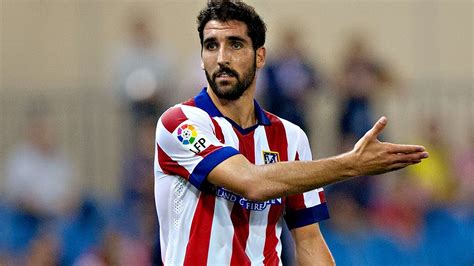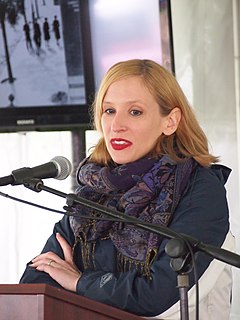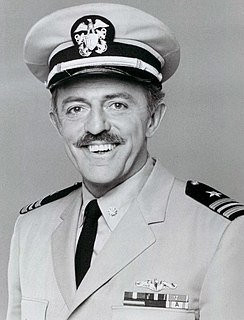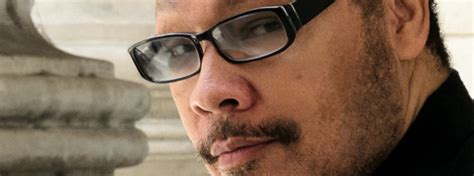A Quote by Dario Argento
Related Quotes
I didn't even know a heart could beat so loudly...it reminds me of an Edgar Allen Poe story we had to read in one of our...classes...it's supposed to be a story about guilt and the dangers of civil disobedience, but when I first read it I thought it seemed kind of lame and melodramatic. Now I get it, though. Poe must have snuck out a lot when he was young.
The cliché I tried to avoid was I hated "teenage sidekicks." I always figured if I were a superhero, there's no way on God's earth that I'm gonna pal around with some teenager. So my publisher insisted I have a teenager in the series, because they always felt teenagers won't read the books unless there's a teenager in the story; which is nonsense.
I read a lot. I always have, but in those two years I gorged myself on books with a voluptuous, almost erotic gluttony. I would go to the local library and take out as many as I could, and then lock myself in the bedsit and read solidly for a week. I went for old books, the older the better - Tolstoy, Poe, Jacobean tragedies, a dusty translation of Laclos - so that when I finally resurfaced, blinking and dazzled, it took me days to stop thinking in their cool, polished, crystalline rhythms.
I think that Poe is so resonant because he represents that part of us that is in misery or sorrowful or wants to explore the darkness. He wrote a great story called 'The Imp of the Perverse' about the instinct towards self-destruction. Poe is the godfather of Goth literature and that whole movement.




































